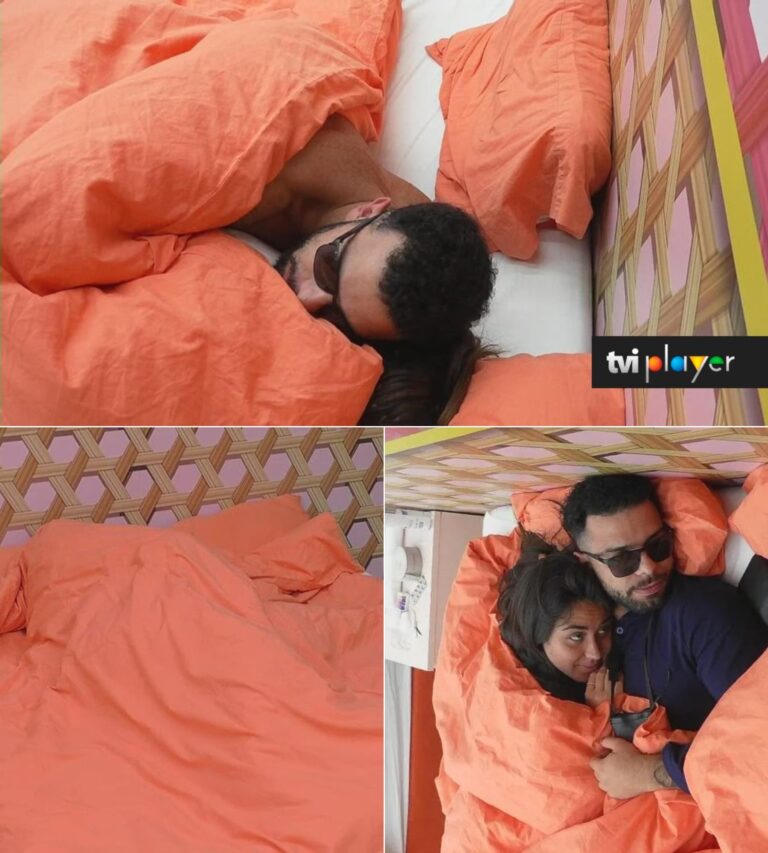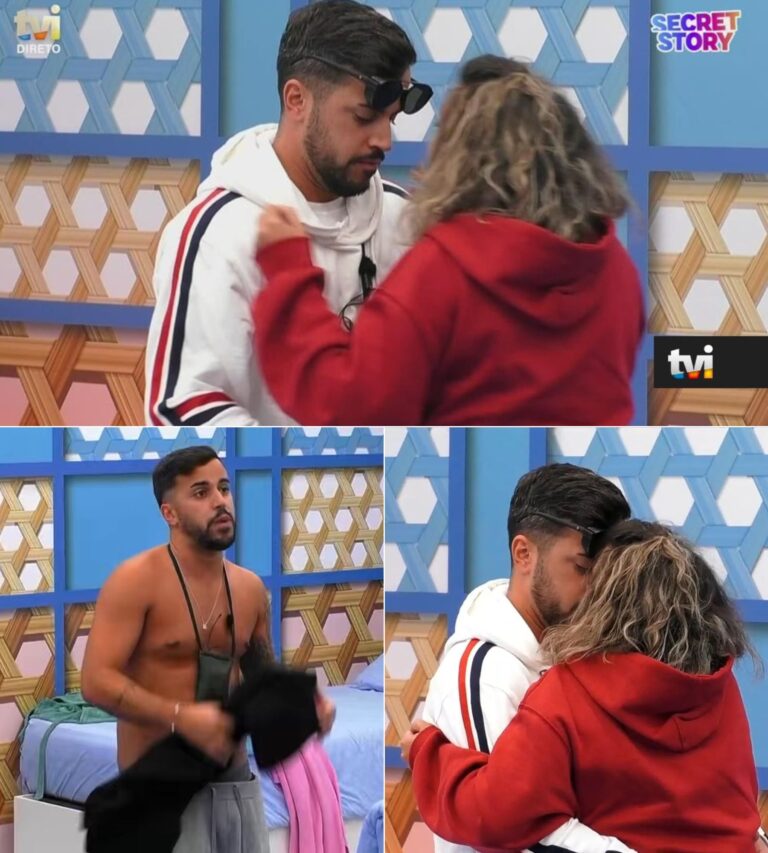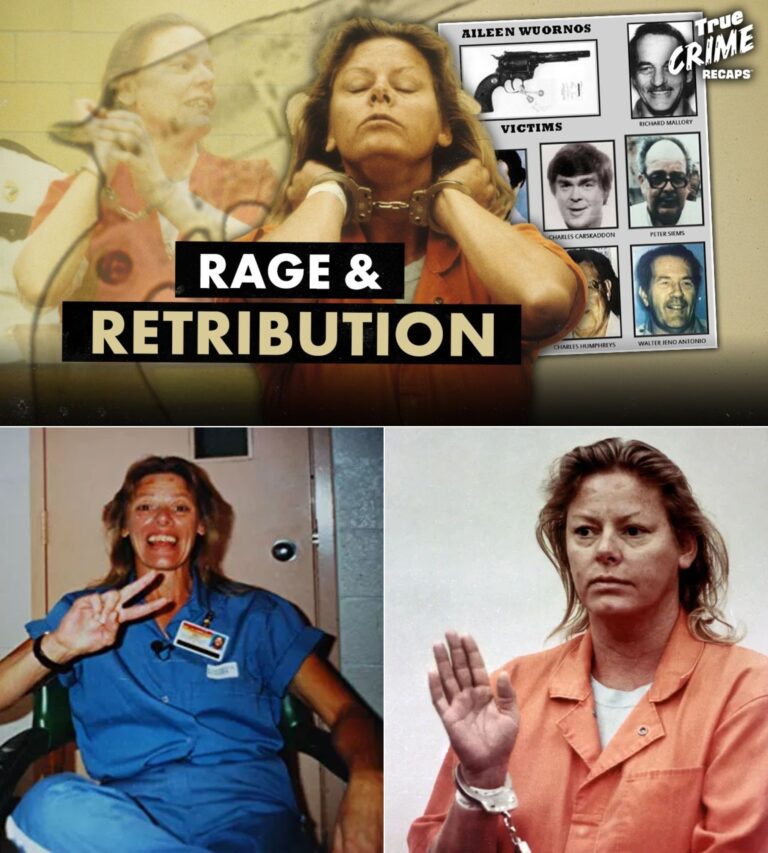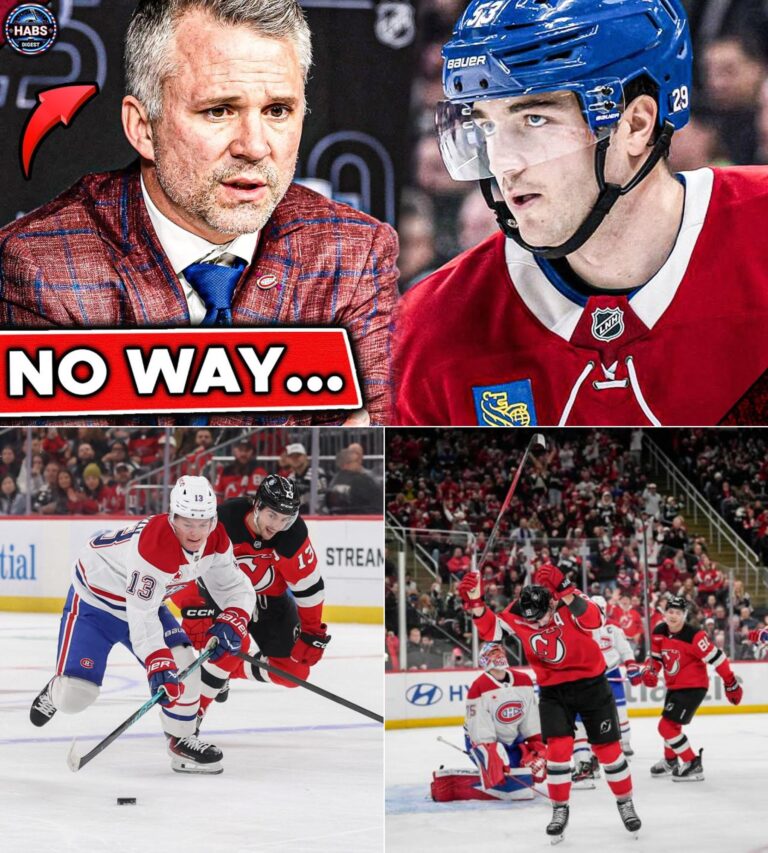For more than six decades, Ron Howard—the freckle-faced boy America fell in love with on The Andy Griffith Show—has carried a silent pain buried beneath his legendary Hollywood success. The world knows him as the Oscar-winning director of A Beautiful Mind, the creative force behind Apollo 13 and The Da Vinci Code, but few realize that his dazzling career was born from a memory so haunting he’s never been able to face it again. That memory lies within a single episode: “Opie’s Hobo Friend.”

To millions of nostalgic fans, the 1960 episode is a timeless story of kindness and moral lessons. But for the six-year-old Ron Howard, it became the week that nearly shattered his spirit. Sources close to the actor reveal that what unfolded behind the camera was far from the wholesome world Mayberry portrayed on screen.
Howard was pushed to tap into emotions no child should have to summon—real heartbreak, confusion, and fear. He was asked to cry on cue, to express the pain of betrayal, and in doing so, he discovered the brutal truth of what it meant to be a child star in a world ruled by adult expectations.
Crew members from the set reportedly recalled young Ron trembling before each take, terrified of disappointing his father, his co-stars, and the crew who saw him as a “prodigy.” Those weren’t just staged tears streaming down his face—they were the tears of a boy overwhelmed by the weight of fame. “He cried so hard, it broke our hearts,” one assistant is said to have whispered years later. “But everyone just called it great acting.”

Howard himself has admitted in interviews that something inside him changed that week. He described it as the moment he realized show business wasn’t a playground—it was a battlefield for approval, discipline, and emotional control. Though Andy Griffith became a father figure to him, even that bond couldn’t shield him from the emotional scars left behind. The episode aired, became a classic, and cemented his stardom—but for Ron, it was a ghost that refused to fade.
As his career soared—from Happy Days to directing Hollywood blockbusters—Howard built his legacy on stories of human triumph and emotional truth. Yet he’s confessed that he’s never been able to rewatch “Opie’s Hobo Friend.” Every time it resurfaces, he turns away. “It just brings back a feeling I don’t like to revisit,” he once admitted quietly. Behind that statement lies a deeper truth: the trauma of a child who was forced to grow up too fast under the blinding lights of fame.
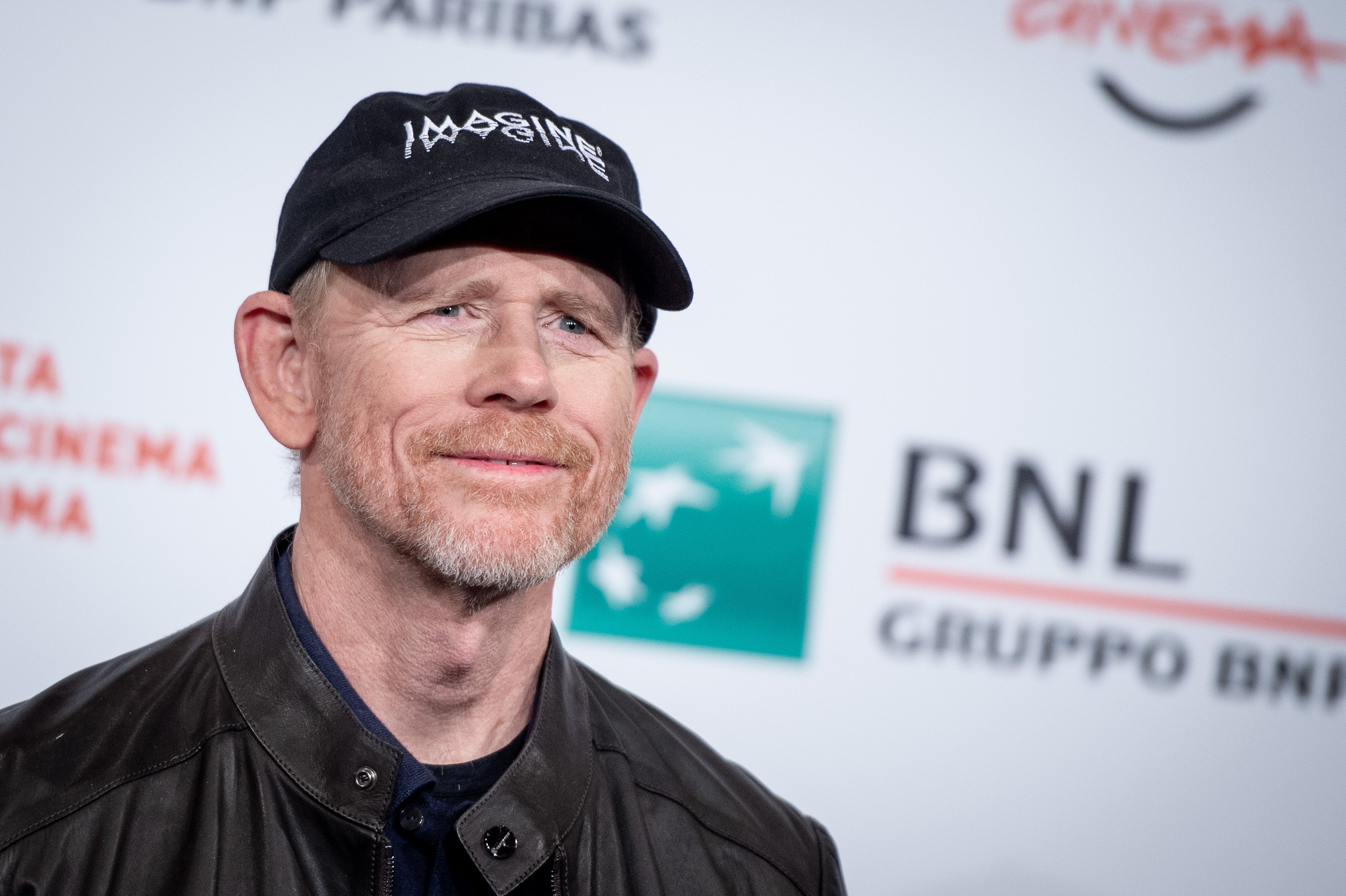
Insiders say this buried pain has shaped everything about his directing style—his compassion toward young actors, his insistence on gentle sets, and his mission to protect the innocence of those who remind him of the boy he once was. Some say that’s why he has remained one of Hollywood’s most empathetic and protective filmmakers, a man determined never to let another child feel what he once did.
Today, at 71, Ron Howard stands as a Hollywood legend with a heart marked by both brilliance and burden. His story isn’t just about success—it’s about survival. Beneath the trophies and acclaim lies the unspoken truth of a man who learned, far too early, that fame demands everything, even the tears of a child. And for Ron Howard, that single episode remains a painful reminder that sometimes the most unforgettable scenes aren’t the ones written in the script—they’re the ones lived behind the camera, in silence.
https://youtu.be/JWNPBRkqro8

